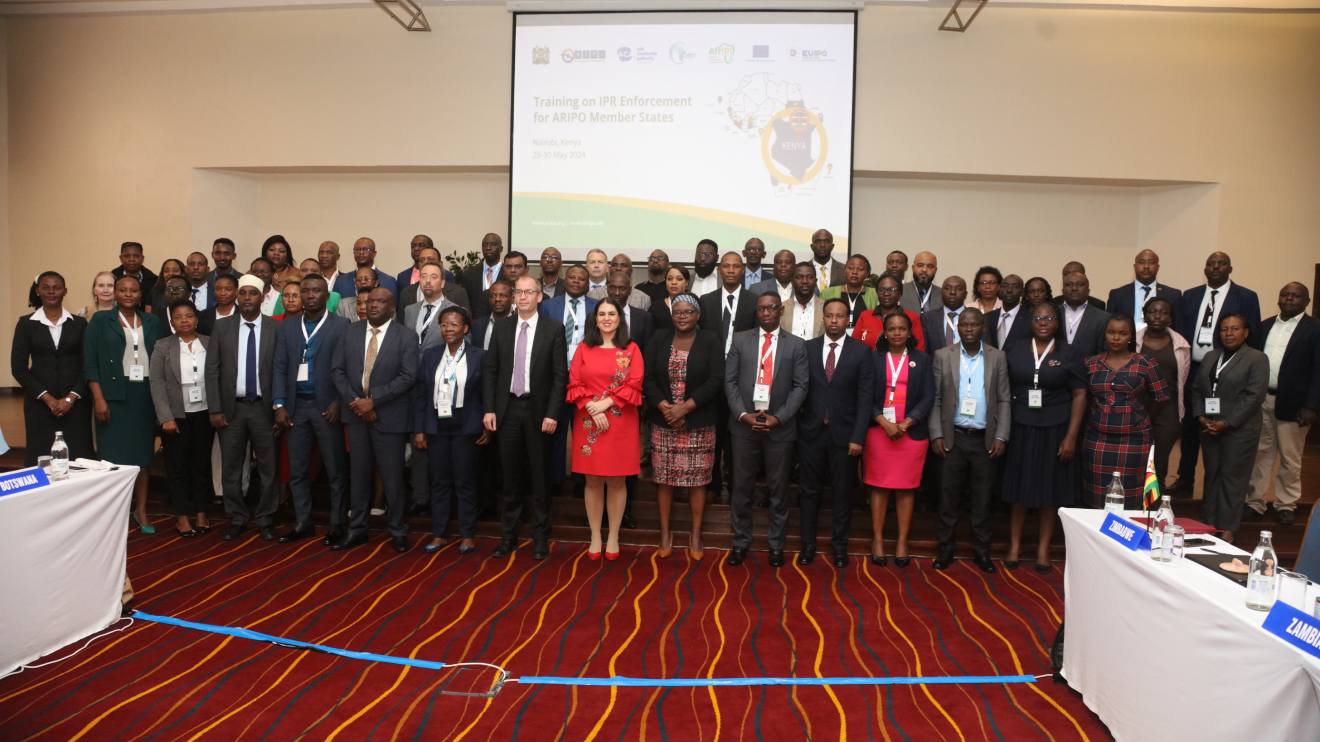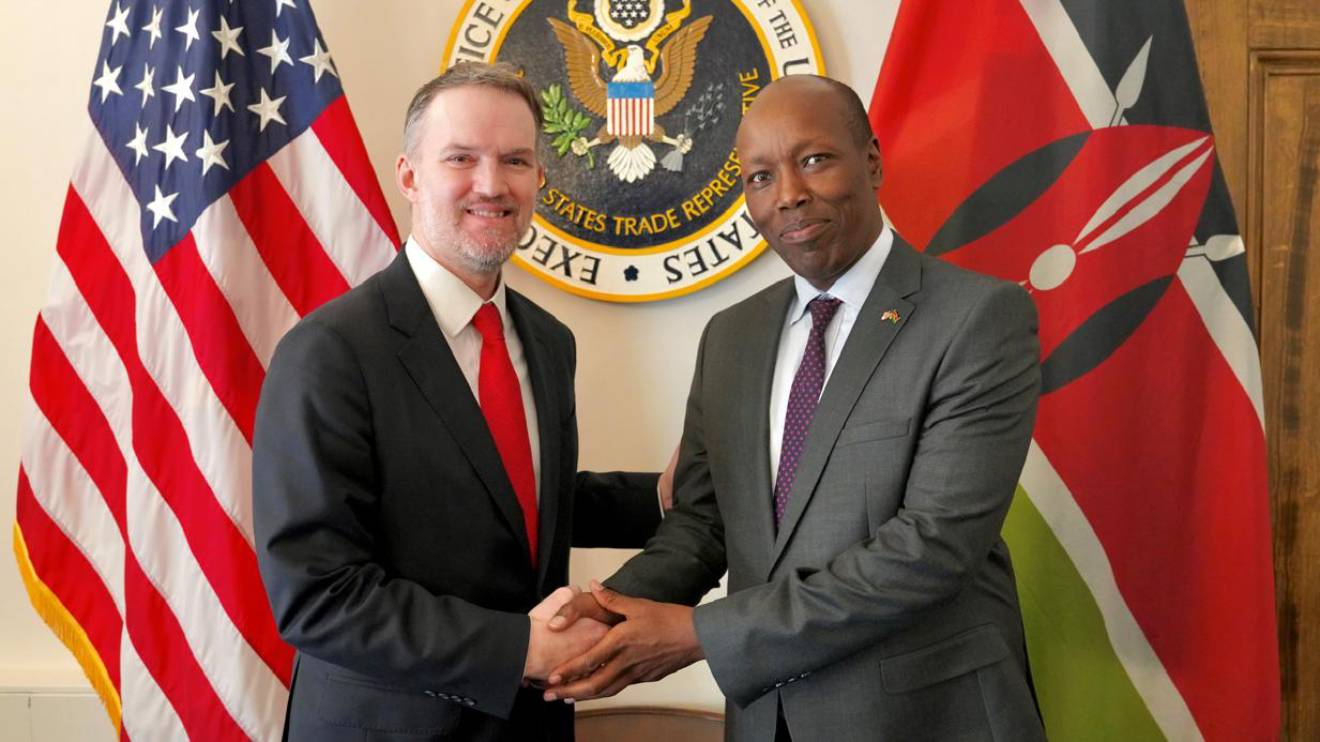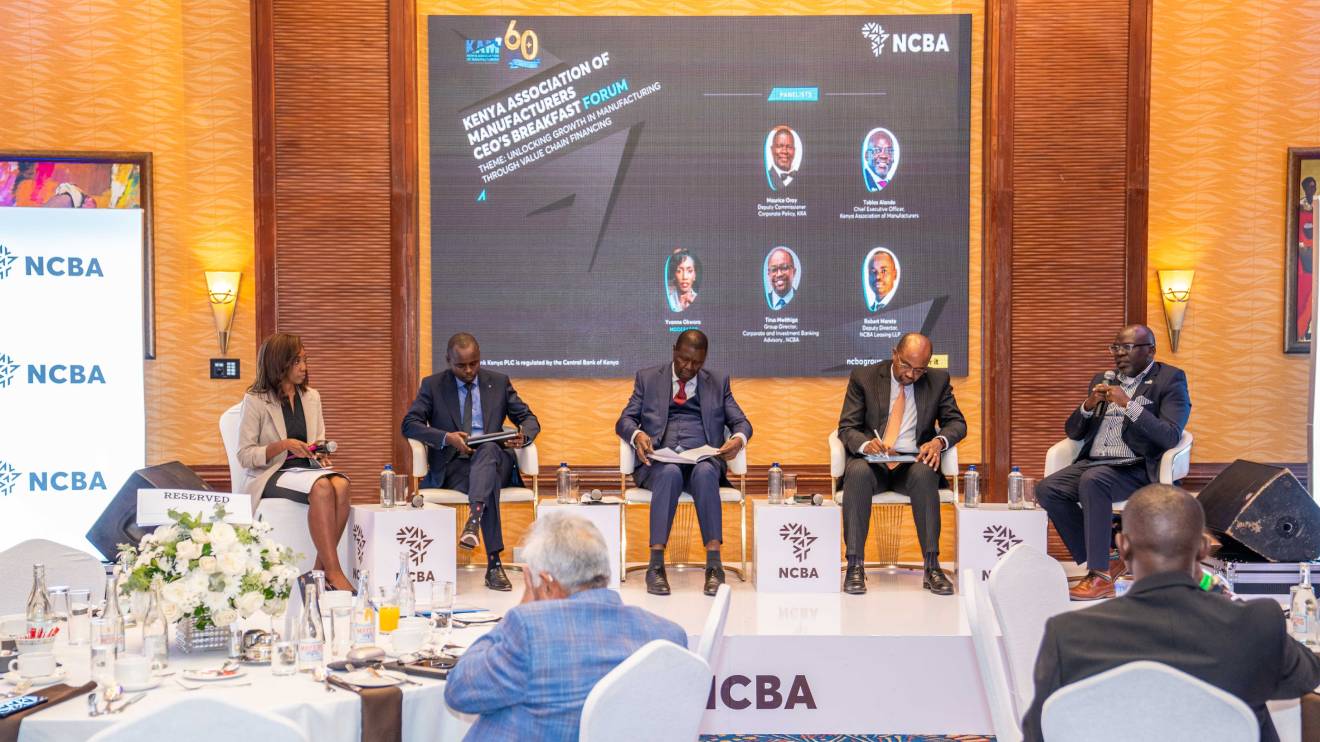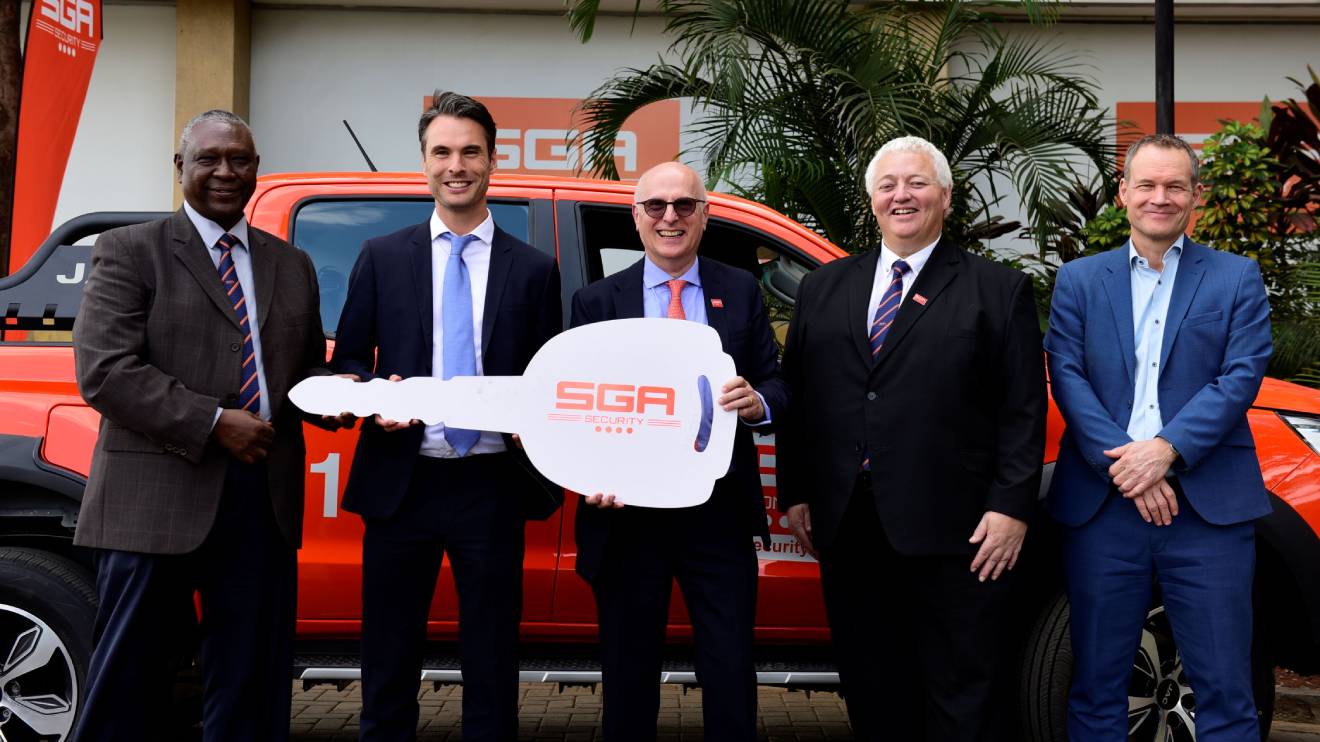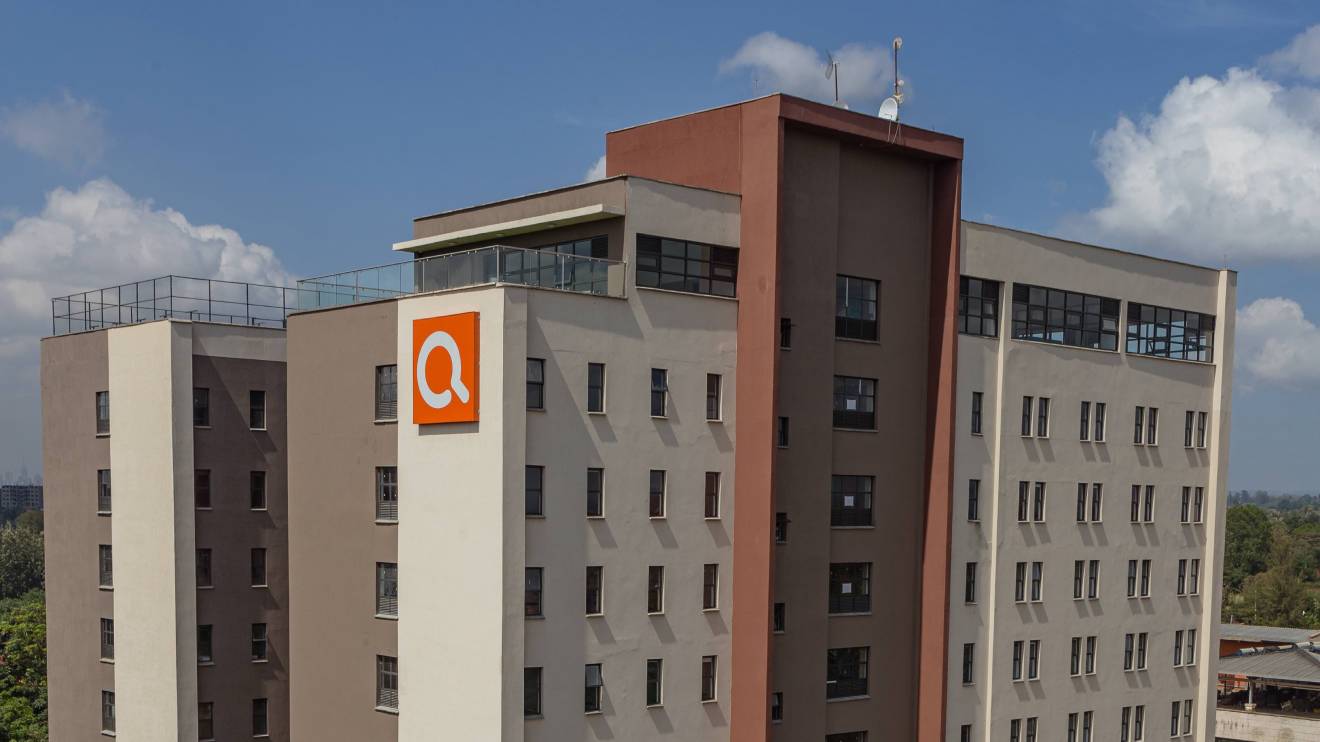The Enforcement for the African Regional Intellectual Property Organization (ARIPO) has revealed that Kenya is losing between Sh100 billion and Sh1 trillion annually due to illicit trade.
This significant economic drain is primarily impacting sectors such as pharmaceuticals, alcohol, cosmetics, motor vehicle spare parts, and other fast-moving consumer goods (FMCG).
Robi Mbugua Njoroge, Executive Director of the Anti-Counterfeit Authority (ACA), underscored the collaboration with the National Transport and Safety Authority (NTSA) to investigate the effects of counterfeit vehicle spare parts on Kenya’s high rate of road accidents.
"Some of the fatalities from road accidents are the result of counterfeit spare parts, and this is why we are working with the NTSA to study the effects of this," he stated.
The landscape of counterfeiting is evolving.
Read More
Ondrej Simek, the EU Deputy Ambassador to Kenya, pointed out that, "Previously, counterfeiting was only affecting high-end luxury goods, but now it has moved even to everyday household goods, which affects the health of consumers."
This sentiment is echoed by the UN Office on Drugs and Crime (UNDOC), which warned in 2023 that counterfeit drugs are responsible for nearly 500,000 deaths annually in Africa.
Aida Galindo, Project Leader at AfrIPI, discussed the organization's efforts in enhancing cross-border enforcement due to the transnational nature of the crime.
"This high-level training program is vital in safeguarding IPRs and fostering a vibrant innovation ecosystem across Africa by equipping enforcement officials with the necessary skills and promoting regional cooperation," she emphasized.
Intellectual property rights (IPRs) include trademarks, patents, utility models, industrial designs, copyrights, plant breeders’ rights, layout designs of integrated circuits, geographical indications, new plant varieties, and traditional knowledge.
Despite variations in definitions and categories by country, the importance of IPRs is globally recognized.
IP rights, as intangible assets, play a crucial role in the competitiveness of businesses within the global economy.
They are a primary method for securing returns on investment in innovation, creativity, and reputation.
Additionally, IP rights can generate essential cash flow through licensing deals or sales and serve as a significant draw for investors.
The concerted efforts by various stakeholders to combat illicit trade and protect intellectual property rights are critical in mitigating economic losses and safeguarding public health in Kenya and across Africa.

